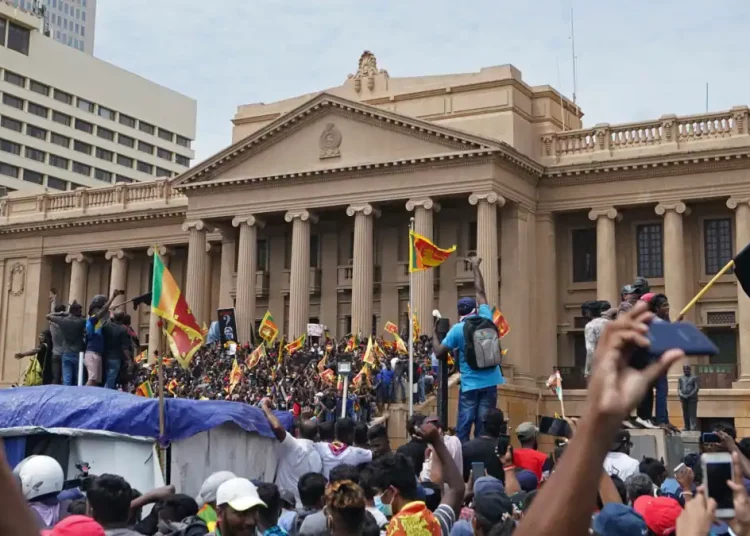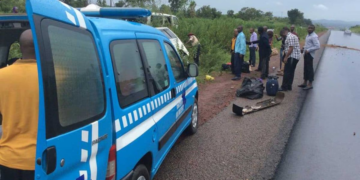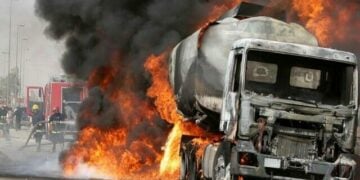The world watched as Sri Lanka unravelled. After months of escalating protests, Sri Lankan President Gotabaya Rajapaksa fled the country on July 13. In May, his brother Prime Minister Mahinda Rajapaksa, had resigned.
The crisis was all about Sri Lanka’s economy which crashed. The country had defaulted on international loans and is facing rampant fuel and food shortages. To further compound the angst Sri Lankan’s felt, the government imposed a state of emergency.
But it was not hard to decipher how Sri Lanka got into its worst political and economic crisis since its independence in 1948.
The economic meltdown was not a surprise. Years of mismanagement exacerbated by several external shocks and Rajapaksa’s unwillingness to seek help from the International Monetary Fund (IMF) earlier were key to the crisis. As such it was easy for everything that could go wrong with the economy to do so.
From budget and current account deficits to hyperinflation, a devalued currency and a huge sovereign debt that it can no longer pay, the stage was already set for unrest in the country.
Sri Lanka’s sovereign debt is held by many countries, most notably China, India and Japan. China holds about 10 per cent of Sri Lanka’s debt, and this has often been used as an example of “debt trap diplomacy.”
Sri Lankans took to the street in record numbers to protest economic challenges. In the face of severe economic hardships marked by power blackouts, shortages of fuel, cooking oil and food, protesters have been demanding the resignation of the Rajapaksa-led government since March 2022.
Interestingly, most protesters are average Sri Lankans from all ethnic backgrounds. Although the military has since helped to disperse the protesters, Sri Lanka’s political and economic future remains uncertain.
Without doubt, Sri Lanka’s collapse should be a wake-up call to other countries, especially with the sovereign debt issue.
Nigeria also watched Sri Lanka happen – at least we would hope our leaders watched what happened. And mere wishful illusions that it can’t happen in Nigeria might be too costly in these times.
Although some would quickly point to all the dissimilarities between Nigeria and Sri Lanka, especially the population difference and all. But the reality on the ground in Nigeria isn’t so rosy.
Nigeria currently faces intense economic hardships marked by power blackouts, fuel shortages, long university strike and heightened insecurity. The debt profile is equally worrisome just as the country’s revenue shrinks by the day. Yet tales of corruption, wastages, mismanagements and misplaced priorities continue unabated even in these critical times.
The country’s mainstay, which is oil, is fast becoming irrelevant as the global order moves away from fossil fuel.
What’s more, Nigeria barely two years ago experienced its own protest named the EndSars protest which lasted for weeks in major cities. Although it started as a revolt against Police brutality, it quickly nosedived into a demand for quality governance before it was infiltrated by thugs and it became violent.
Thankfully, calls made on the protests to channel their anger through the polls were heeded as is seen with the increased voter registration of young persons. But how long this will last is another matter.
As such the task before the key stakeholders would be ensuring that the electoral system works in a manifestly free, fair, credible and transparent manner. Anything short of this could spell more chaos in an already tensed situation.
Just like Sri Lanka, Nigeria has had a long history of political parties winning elections on claims of sweeping, unrealisable promises. The public had often been promised many things before an election only to be handed the short end of a long stick.
And like Sri Lanka whoever emerges as the next president of Nigeria would have to buckle up and deliver on the promises. These are no times for excuses.





